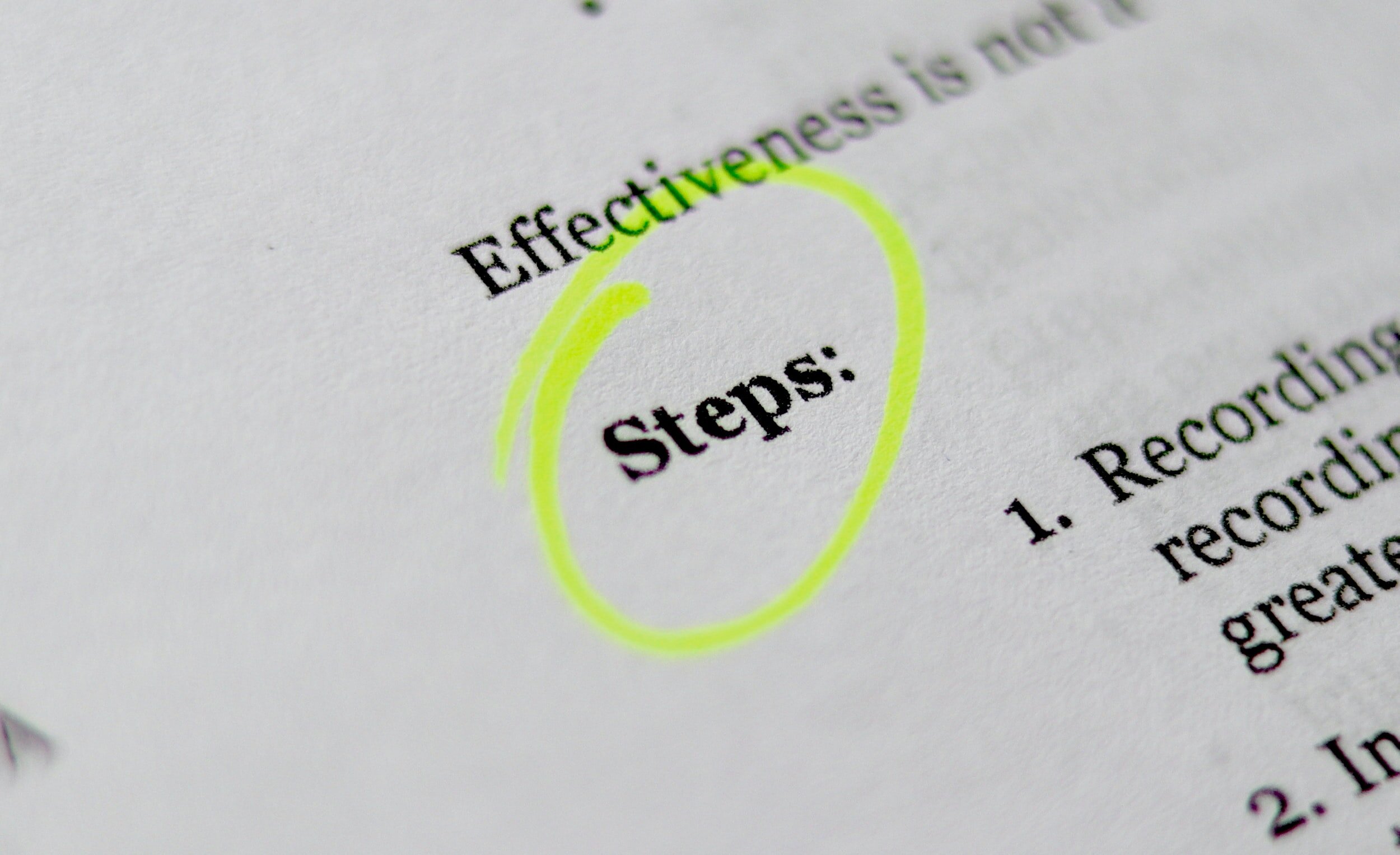The Empathetic Business Analyst
/In Daniel Pink’s bestseller, A Whole New Mind: Why Right-Brainers Will Rule the Future, he emphasised that right-brain thinkers will become the lead agents in society and identified empathy as one of the six attributes potential leaders should develop. Daniel Goleman, who popularised the emotional intelligence concept, emphasizes that while the qualities typically associated with leadership like intelligence, determination and vision are required for success, they are insufficient.
He argued that truly effective leaders are distinguished by a high degree of emotional intelligence, one of which is empathy. In his book, Working With Emotional Intelligence, Daniel Goleman also identifies empathy as one of the various categories of emotional intelligence.
Empathy is the ability to share and understand another person’s state of mind. It is the ability to define and communicate other people’s thoughts, views, concerns and feelings.
Empathy is one of the key traits any business analyst should have. It is the trait that brings out the interest and concern that is necessary for supporting the delivery of great solutions to the business.
Empathy helps the BA understand the pains and struggles of stakeholders. When you put yourself in the shoes of stakeholders, you are better positioned to manage the issues that arise; see the risks and opportunities; and come up with recommendations that are effective in solving challenges and exploiting opportunities.
You can only create true value and offer genuine service when you understand the needs of the business.
Empathy can also help in improving your relationship with stakeholders. When you listen to them, they will trust you and be inclined to accept your advice. Empathy invariably leads to trust.
Though research in recent years indicates that the capacity for compassion and empathy are inborn, this trait can be strengthened through increased effort and a strong determination to exhibit it.
Here are some of the ways you can show empathy when dealing with stakeholders:
- Listen to your stakeholders with the main objective of understanding them.
- Take note of non-verbal cues. By observing stakeholders' body language, you will also be able to draw on information and signals that are not verbalised.
- Individualize benefits – ensure that you communicate the benefits of projects to them and solicit their support.
- Solve the right problem – empathy yields a unique understanding that allows you to solve the right problem. It is a necessary precondition for gaining stakeholders' trust. A trusted BA is in a great position to learn about stakeholders' expectations, concerns and vision.
- Treat stakeholders with respect.
- Take genuine interest in your stakeholders – be concerned about them.
In what other ways can business analysts show empathy?











Being a business analyst is a journey filled with challenges and triumphs, where the treasure is not just data but insights that transform businesses. Fundamentally, we do our best not only to understand information but also to think of how we can use that information to lead transformation, efficiency, and improvement. In this article, we’re looking at some of the most sought-after competencies vital in navigating the intricate world of business analysis.